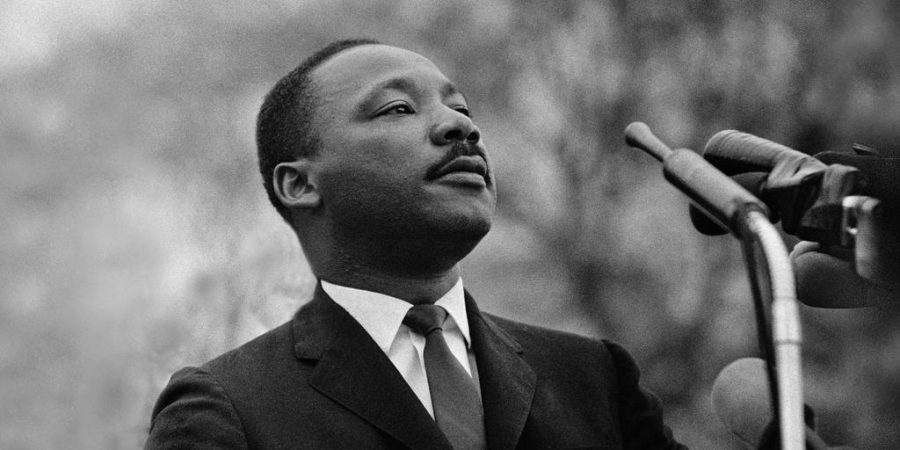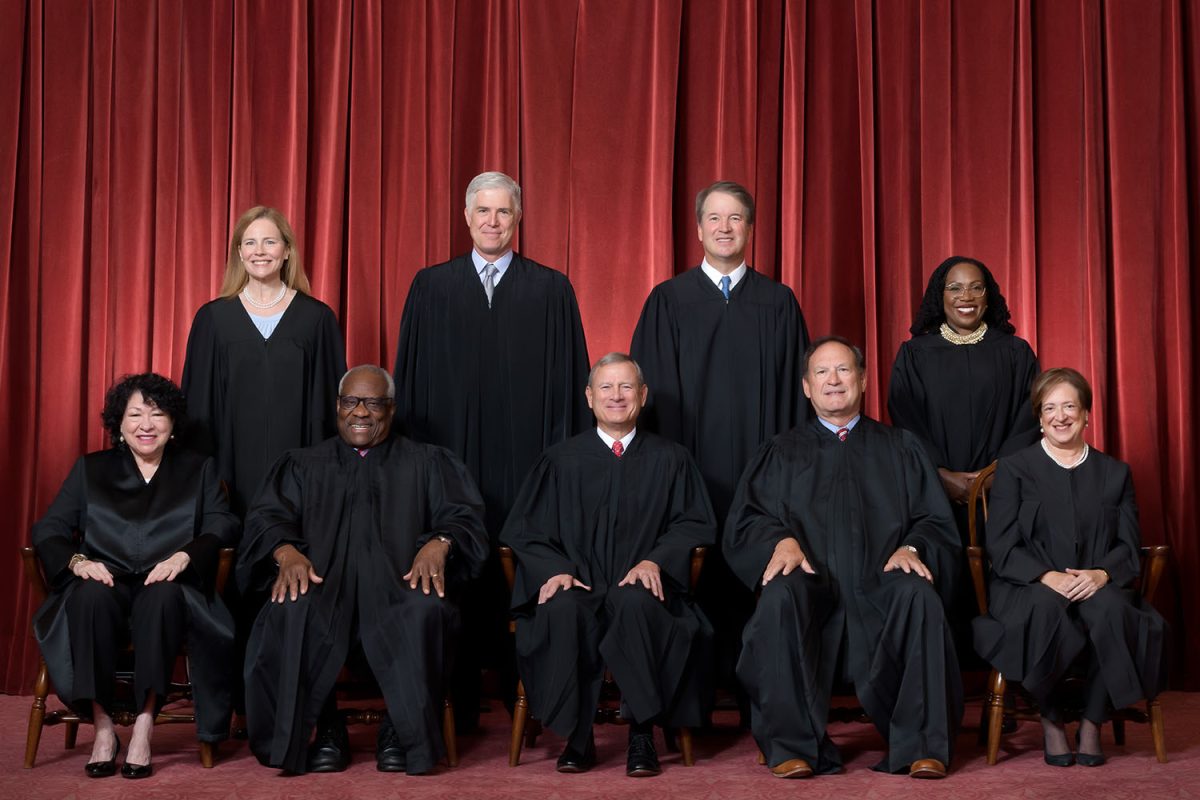“I have a dream that one day this nation will rise up and live out the true meaning of its creed: ‘We hold these truths to be self-evident, that all men are created equal.'”
The illustrious Reverend Doctor Martin Luther King Jr.’s words from his “I Have a Dream” speech are instantly recognizable to any American. A pinnacle of the civil rights movement in the ’60s, King led several protests, including The Montgomery Bus Boycott, that paved the way for future generations of Black Americans.
Among King’s many accomplishments, he founded the Southern Christian Leadership Conference (SCLC), whose motto was, “Not one hair of one head of one person should be harmed.”
Yet, a 2019 essay by historian David Garrow titled “The Troubling Legacy of Martin Luther King” accuses Dr. King of abetting sexual assault. Garrow bases his entire argument on a handwritten note along the side of a typed-up Federal Bureau of Investigation (FBI) report. This note claimed that King “looked on, laughed and offered advice” as his colleague raped a woman traveling with them. While this could indeed be a crucial piece of evidence against King, the FBI would not have known that he had “looked on” during the assault, as the report was supposedly taken only from audio recordings.
Other than the shaky evidence that appears almost as an afterthought in the margins of the FBI report, there are no recordings of this assault in the public domain. There is no concrete evidence that said recordings even exist, as the only people to have ever heard them would have been the FBI agents who wrote the report.
Another piece of evidence in favor of King is an anonymous letter, authorized by FBI Director J. Edgar Hoover and sent to King, detailing how he should take his own life because of his supposed sexual deviancy. The FBI wanted him gone, and what better way to tarnish his image than calling into question what everyone thought were his nonviolent morals?
Although it is imperative always to believe the survivor of a crime or assault over anyone else, there is no evidence that the woman who was raped ever came forward. Most of the evidence against King is simple speculation, which makes this case convoluted and onerous to parse together. There is no denying that King’s legacy will continue to live on; he was a central figure in the post-war civil rights movement and led many through protests and prayers alike.
[embedyt] https://www.youtube.com/watch?v=_yOBncaiito[/embedyt]












